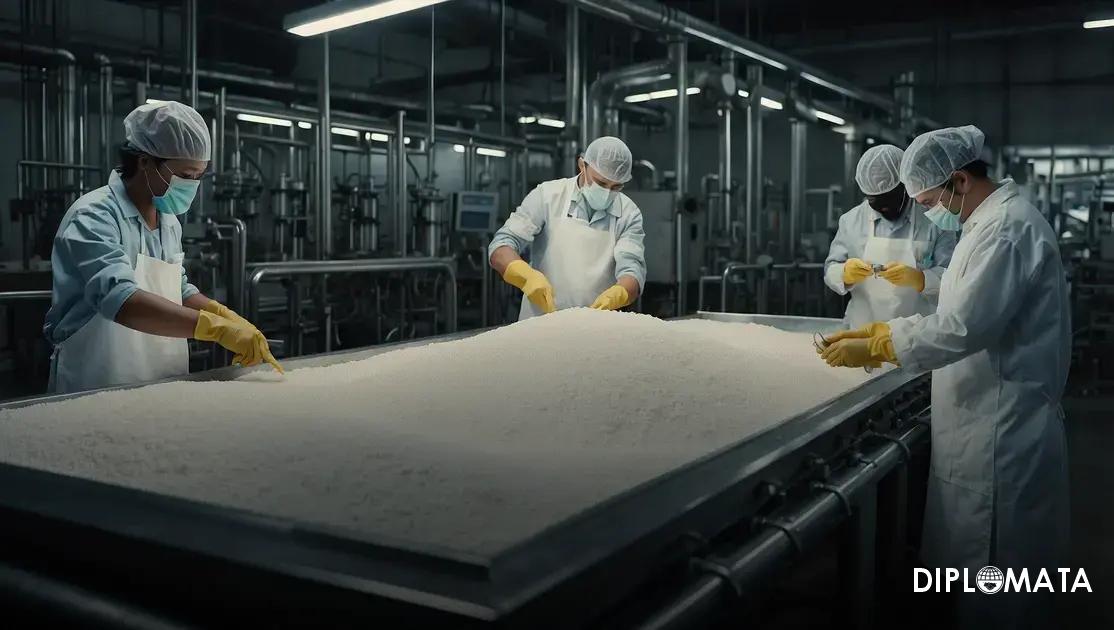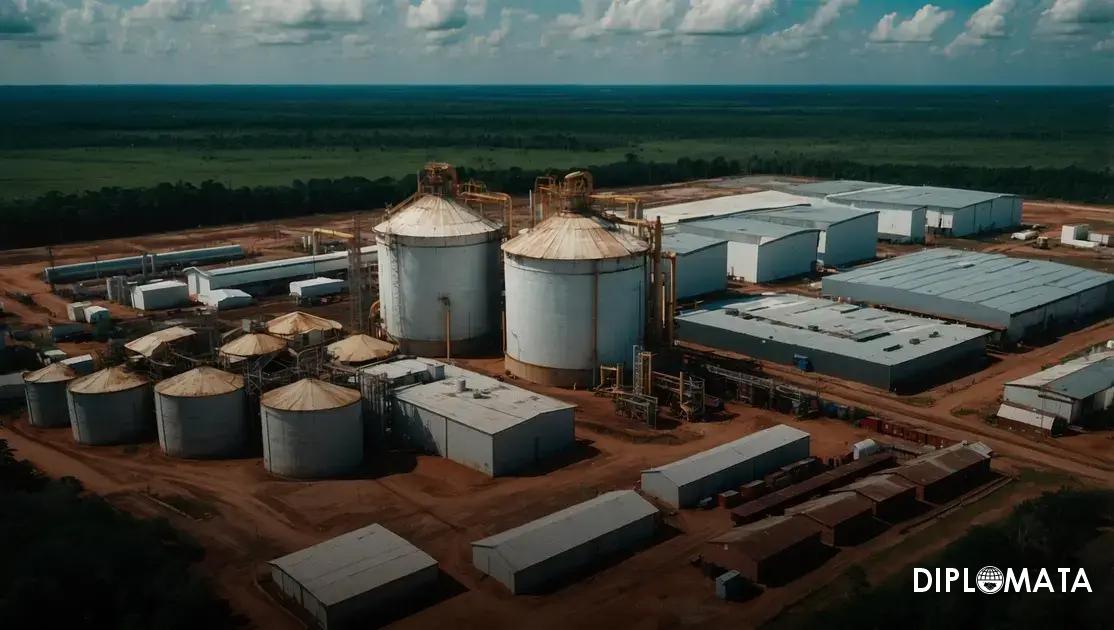Understanding Propylene Glycol
Propylene Glycol is a synthetic organic compound, widely utilized in various industrial applications, particularly in the pharmaceutical, food, and cosmetic sectors. Its chemical properties make it an essential ingredient in the production of numerous products, ensuring stability and efficacy. The compound’s low toxicity and versatility contribute to its popularity, making it a critical component in the supply chain for products that require high purity, such as USP-Grade Propylene Glycol.
The Importance of USP-Grade Propylene Glycol
USP-Grade Propylene Glycol adheres to strict regulatory standards set forth by the United States Pharmacopeia, ensuring its safety and efficacy for use in food, pharmaceuticals, and personal care products. The high quality of USP-grade ensures that manufacturers can rely on its consistency and reliability, making it a preferred choice among suppliers. The demand for such high-quality materials has significantly influenced the supply chain dynamics in the chemical industry.
Key Players in the Propylene Glycol Supply Chain
The supply chain for Propylene Glycol involves multiple key players, including raw material producers, manufacturers, distributors, and end-users. Each segment plays a crucial role in ensuring that the product reaches the market in optimal condition. Companies like DIPLOMATA have established themselves as leading suppliers by ensuring a seamless flow of products throughout the supply chain, focusing on quality assurance and customer satisfaction.
Raw Material Sourcing
The sourcing of raw materials for Propylene Glycol production is a fundamental aspect of the supply chain. Propylene oxide, primarily derived from petroleum products, serves as the primary feedstock. The volatility of crude oil prices can significantly impact the availability and pricing of Propylene Glycol. Companies dedicated to maintaining a stable supply chain often form strategic partnerships with reliable raw material suppliers to mitigate these risks.
Manufacturing Process
The manufacturing process of Propylene Glycol involves the hydration of Propylene oxide, a reaction that requires precise control to ensure product quality. Advanced technologies and methodologies are employed in the production facilities to maintain stringent quality standards. This process not only affects the final product’s purity but also its compliance with USP standards, making it essential for suppliers like DIPLOMATA to invest in state-of-the-art manufacturing capabilities.
Quality Assurance and Regulatory Compliance
Quality assurance is paramount in the Propylene Glycol supply chain, particularly for USP-Grade products. Rigorous testing and compliance with international standards ensure that the product meets all safety and quality benchmarks. Suppliers must navigate complex regulatory frameworks to ensure their products are compliant, which is a significant responsibility for companies like DIPLOMATA that pride themselves on their reliability and expertise.
Distribution and Logistics
The distribution and logistics component of the Propylene Glycol supply chain involves the efficient transportation of products from manufacturing sites to end-users. This often includes both domestic and international shipping, requiring meticulous planning and execution. Reliable logistics partners and a robust distribution network are essential for maintaining product integrity throughout the shipping process, especially when dealing with hazardous materials.
Market Demand and Trends
The market demand for Propylene Glycol has been steadily increasing, driven by its diverse applications in various industries. Trends such as the growing focus on sustainability and the rise of natural alternatives are influencing how companies approach production and sourcing. Understanding these market dynamics is crucial for suppliers to stay competitive and meet evolving customer needs, particularly in the U.S. market.
Challenges in the Supply Chain
Despite its importance, the Propylene Glycol supply chain faces several challenges, including fluctuating raw material prices, regulatory changes, and supply disruptions. Companies must remain agile and responsive to these challenges to ensure continuity and reliability in their offerings. DIPLOMATA, with its established network and expertise, is well-positioned to navigate these complexities, ensuring a dependable supply of USP-Grade Propylene Glycol to its clients.


